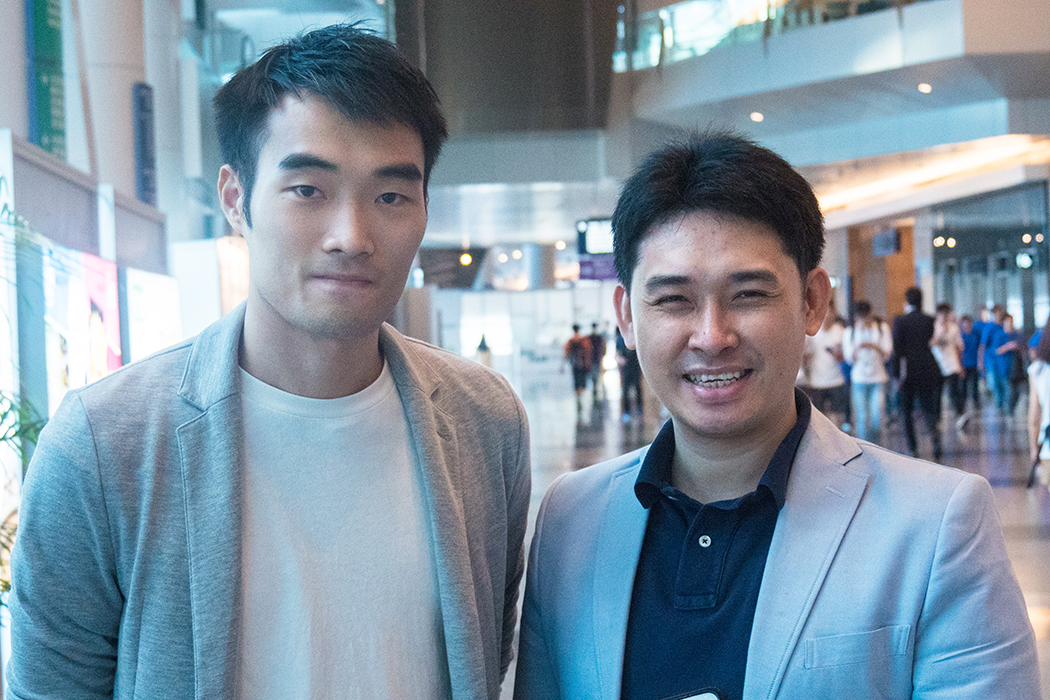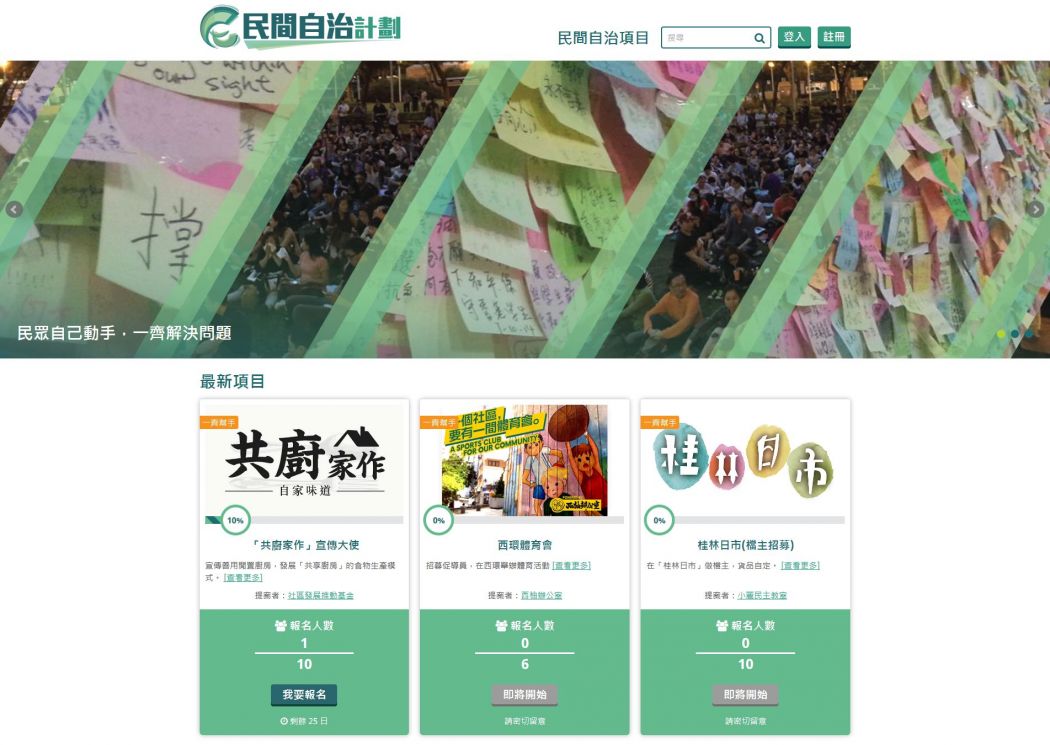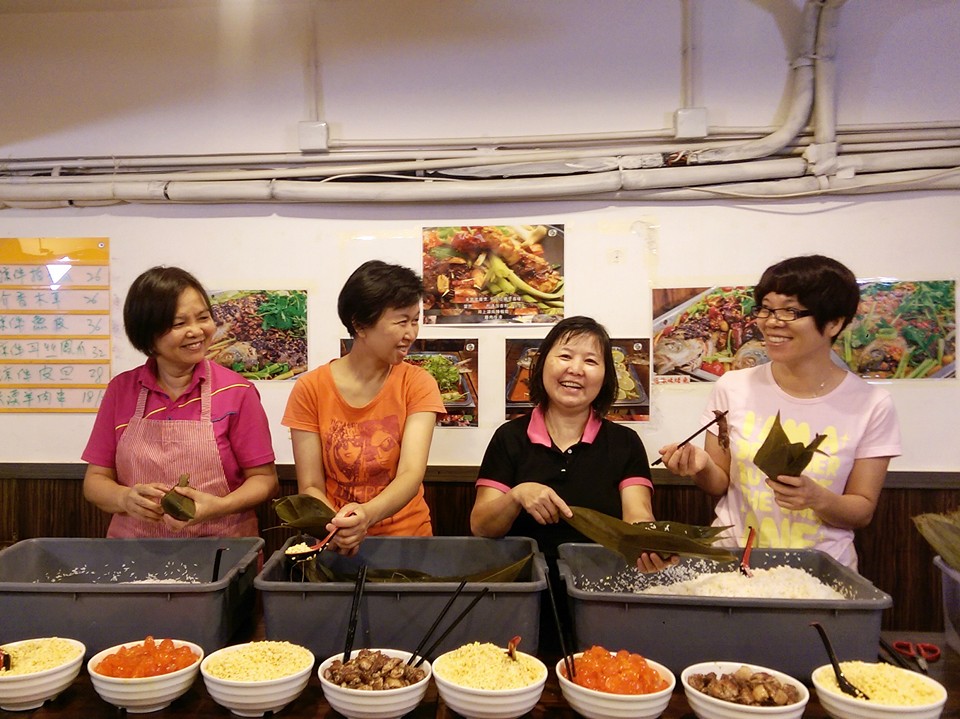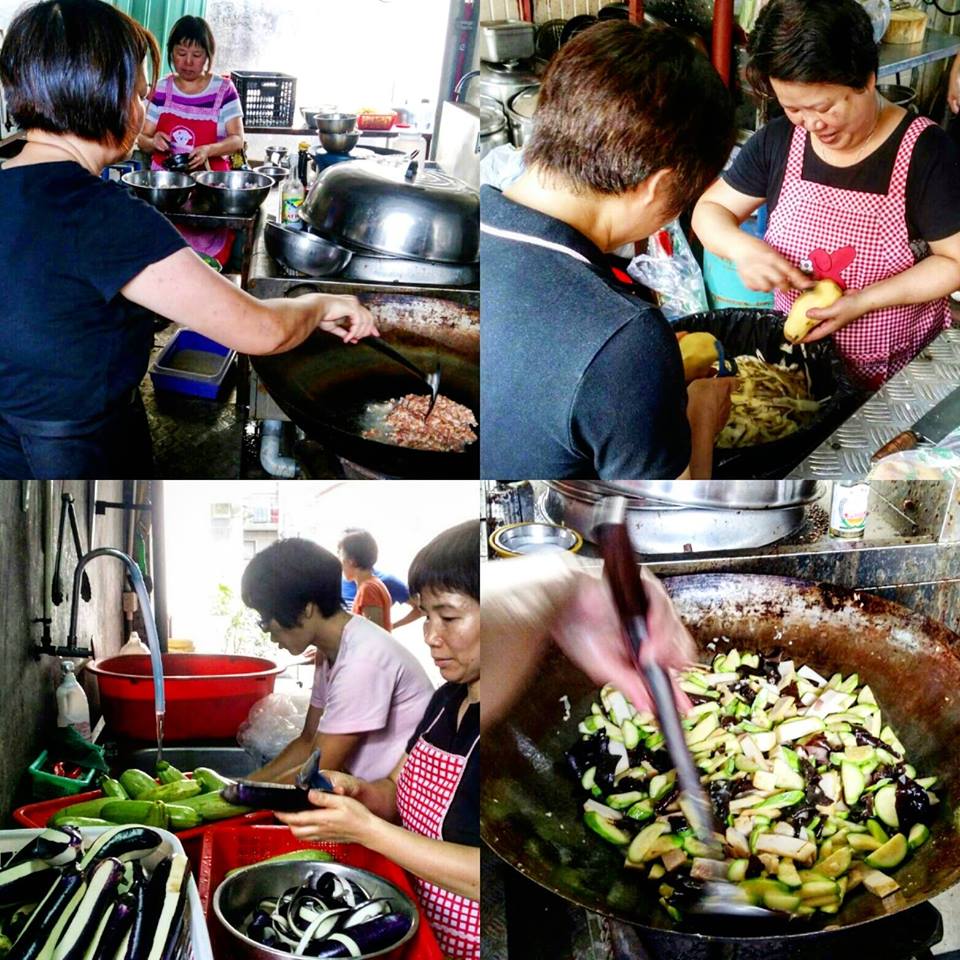It was September 8, 2014 when Brian Fong Chi-hang, a scholar who had proposed a model for Hong Kong’s universal suffrage with 17 other academics, said he would not talk about political reform anymore.
A week before that, China announced its decision that a nomination committee must vet Chief Executive candidates before a popular vote. Fong’s plan had effectively been crushed, and there was no hope for any genuine universal suffrage. The Occupy protests that then lasted for three months failed to force China to retract the decision, and the government’s proposal to reform in accordance with the decision was rejected by the Legislative Council in June 2015.
“The political scene is, as we know, at a deadlock. The Legislative Council election is of course important, but even if you get in, you can only wage filibusters – you can’t make any positive change or structural reform in the foreseeable future,” he said. “Everyone in the political circle said they felt powerless.”
Fong started to look for other ways for Hong Kong to progress. “Everybody said afterwards that we should go back to civil society and reform communities. Can we have a societal self-governance platform to gather volunteers, funds and resources to help civil groups with their work, so that we don’t have to rely on the government or Beijing’s goodwill to push for structural reform?”

A critical mass
Fong, now an associate professor of the Academy of Hong Kong Studies at the Education University, launched a platform named WeMaker on Wednesday, after a year of planning with a group of professionals.
It started with five projects, but the group will focus on promoting one project at a time each month, so that it can get maximum exposure for civil organisers.
Fong said journalism students at a university have agreed to make video interviews with the organisers for a social media campaign. The site will not take any administration fees, and it is currently funded by his group, he added.
For now, the site accepts volunteers for each project – ranging from six to 15 people – and crowdfunding will be the next step, Fong said.

The target audience, according to Fong, would be more “progressive” citizens who may not have a lot of time to be organisers, but wished to participate in community events as volunteers.
“We need to find and develop the interests of these people – not everyone is like me, who was standing at the forefront of political reform,” he said.
The importance of a platform, he said, was to provide a place for different groups – who are currently running their own projects – to benefit from synergy.
“Once you can gather them together, a critical mass can be formed,” he said.
The site is currently only available in Chinese, as Fong said the development cost would double if it was bilingual.

Home cooking at restaurants
The first project, “Sharing Kitchen“, is run by the Community Development Enhancement Fund, a non-profit organisation founded in 2011. It will be promoted for another 25 days.
The “sharing economy” project aims to make use of down time when restaurants are not operating during certain hours in the day. At these times, local neighbourhood members are allowed to use the facilities to make “home cooking” to sell to their communities.
The project works with five kitchens and a food factory in Tin Shui Wai, Tuen Mun, Tung Chung and Tsuen Wan. The participants are mostly grass-roots housewives working part-time.
“The restaurant owners are willing to trust our ‘home chefs’, and the ‘home chefs’ have a lot of skills they can share,” said Brandon Cheung Chun-ming, operations officer for the fund. “We want to see if there are more people that we can share the skills with, so that people would know that Hong Kong still has a lot of positive energy.”
Cheung said they didn’t expect that even professional chefs at the restaurants would be so willing to help.
“They could see that the ‘home chefs’ are putting in a lot of effort,” he said. “They are very willing to share their skills gained in commercial restaurant kitchens.”

The products the “home chefs” make will be related to the restaurants. For instance, participants would make herbal teas and special drinks in a roast fish restaurant; in another plan, participants can sell any kind of food at a seafood restaurant close to midnight, as it will not do any business during that time.
Brandon Cheung said he hoped that the project could provide space and time for participants to cook everyday to make extra income.
“Or even for them to work part-time, say 20 days in a month, and still sustain their lives,” he said.
The project received funding from the government’s Social Innovation and Entrepreneurship Development Fund for its launch in April, but Cheung said there is currently only one full-time staff member and another one splitting his time to help with the project.
The ten volunteers that Cheung hopes to find on Wemaker will become promoters for the Sharing Kitchen project. They will get feedback from restaurant goers and try to spread the concept of a sharing economy.
“It’s kind of like volunteering as a beer promoter,” Brian Fong said with a smile.
Upcoming projects include a sports club in Sai Wan and a pay-what-you-want street market in Sham Shui Po.
